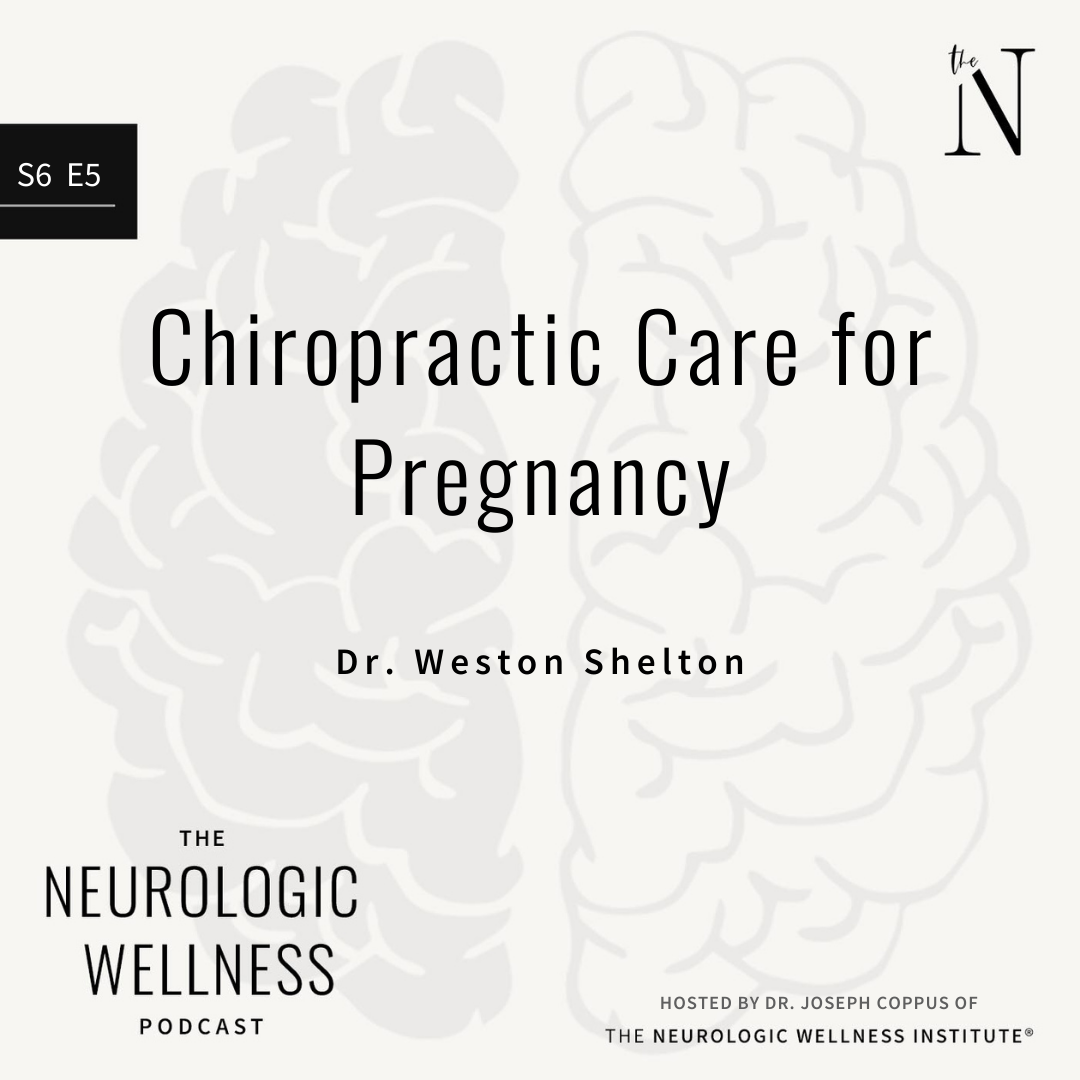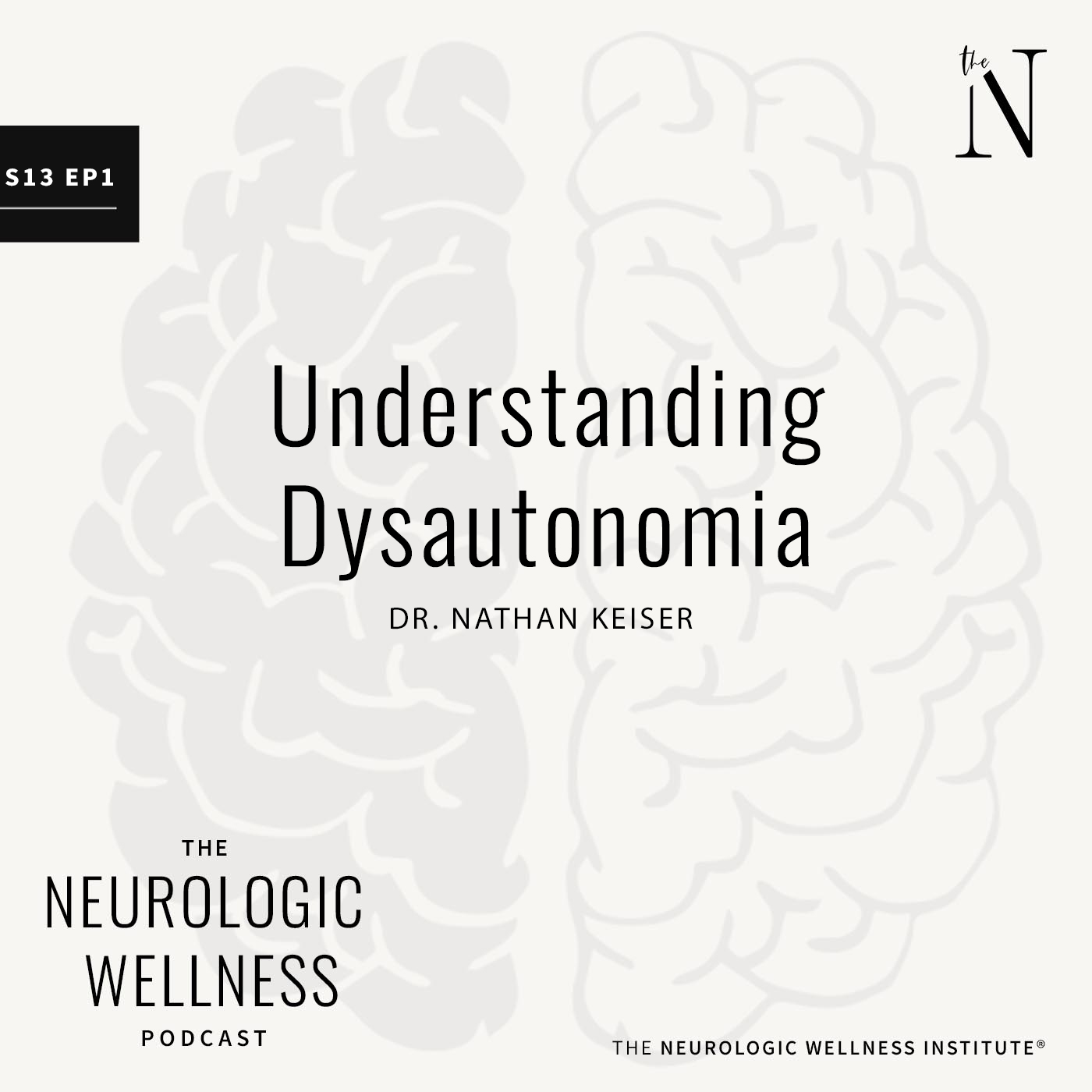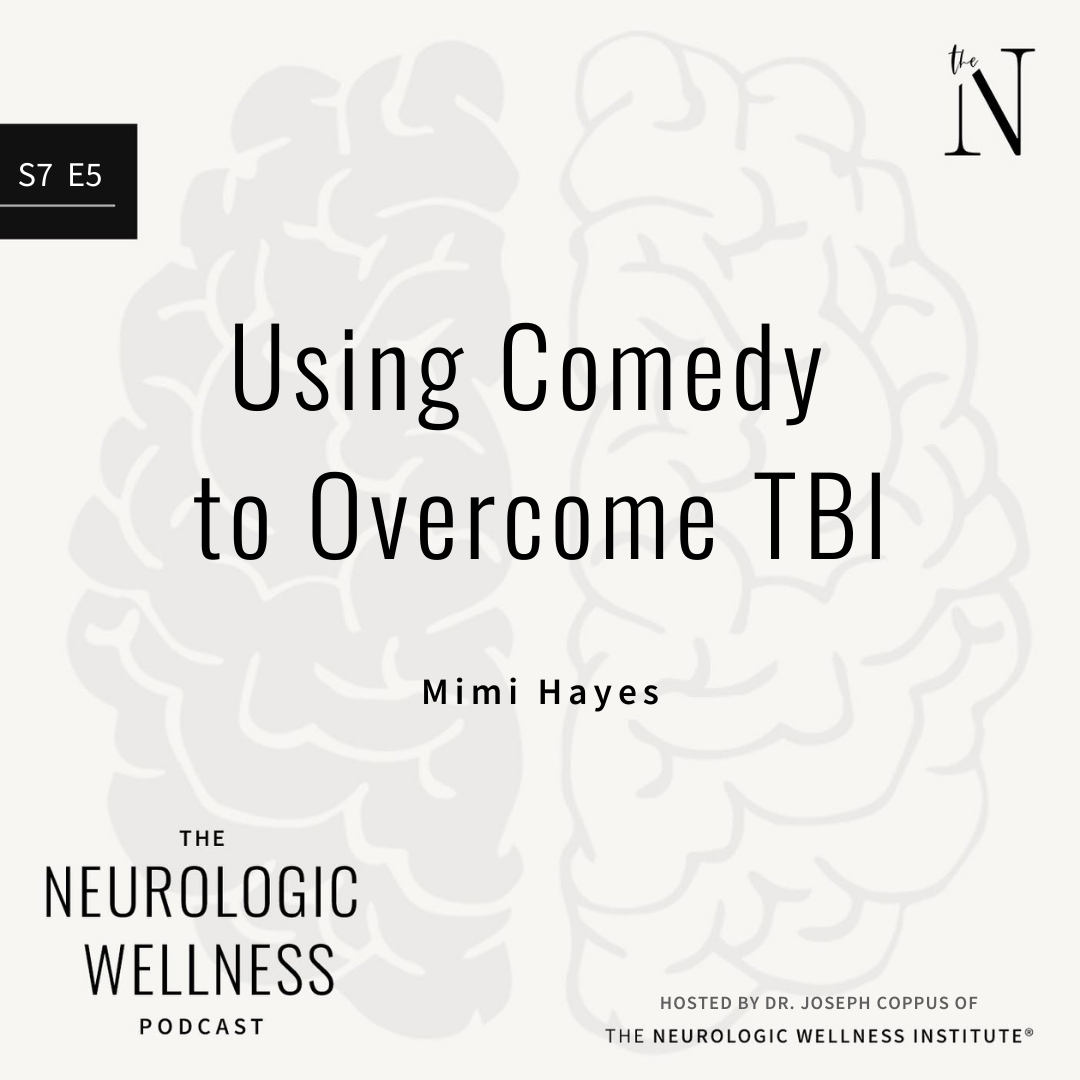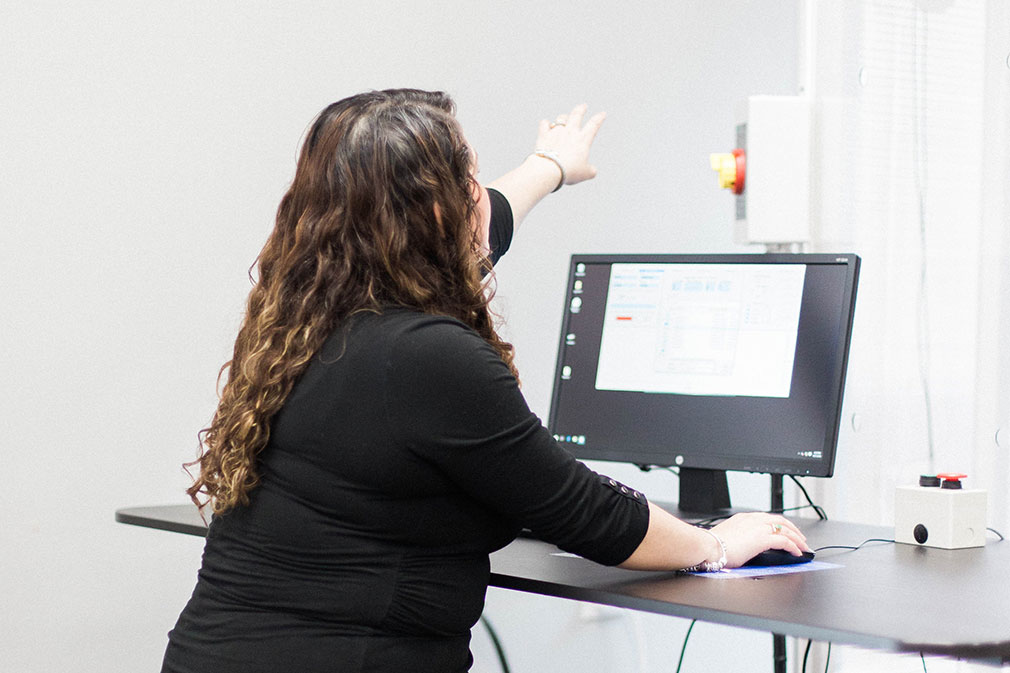Ask Dr. Nick
On today’s episode, Dr. Nick talks about Intermittent Fasting: What is it? How can you do it? And what are the benefits? Intermittent fasting (aka Time-restricted feeding) is defined as fasting from food for at least 12 hours (up to 24-36 hours) followed by eating food after. The most common forms are based on a daily window of hours fasting: eating of either 12:12, 15:9, 16:8, 18:6. An example of the 16:8 window is eating between 9am and 5pm or between 11am and 7pm while fasting from food the other hours. Intermittent Fasting is meant to change metabolism from continual growth and building (anabolic state) to removing waste and detoxing (catabolic state) on a daily basis. Changing this metabolic switch causes the body to convert from running on glucose to running on fat and ketones. Ketones are an alternate fuel source for the body, especially the brain, and can also help decrease inflammation and oxidative stress. Intermittent metabolic switching through intermittent fasting can have many health benefits for the brain and body. Check out the video for more in-depth information on how to fast intermittently and how this can improve your health!
Reference: 1. Anton SD, Moehl K, Donahoo WT, Marosi K, Lee SA, Mainous AG, Leeuwenburgh C, and Mattson MP. Flipping the Metabolic Switch: Understanding and Applying the Health Benefits of Fasting. Obesity (Silver Spring), 2018; 26(2):254-268. doi: 10.1002/oby.22065.
Mattson MP, Moehl K, Ghena N, Schmaedick M, and Cheng A. Intermittent metabolic switching, neuroplasticity and brain health. Nat Rev Neurosci. 2018; 19(2):63-80. doi: 10.1038/nrn.2017.156.




